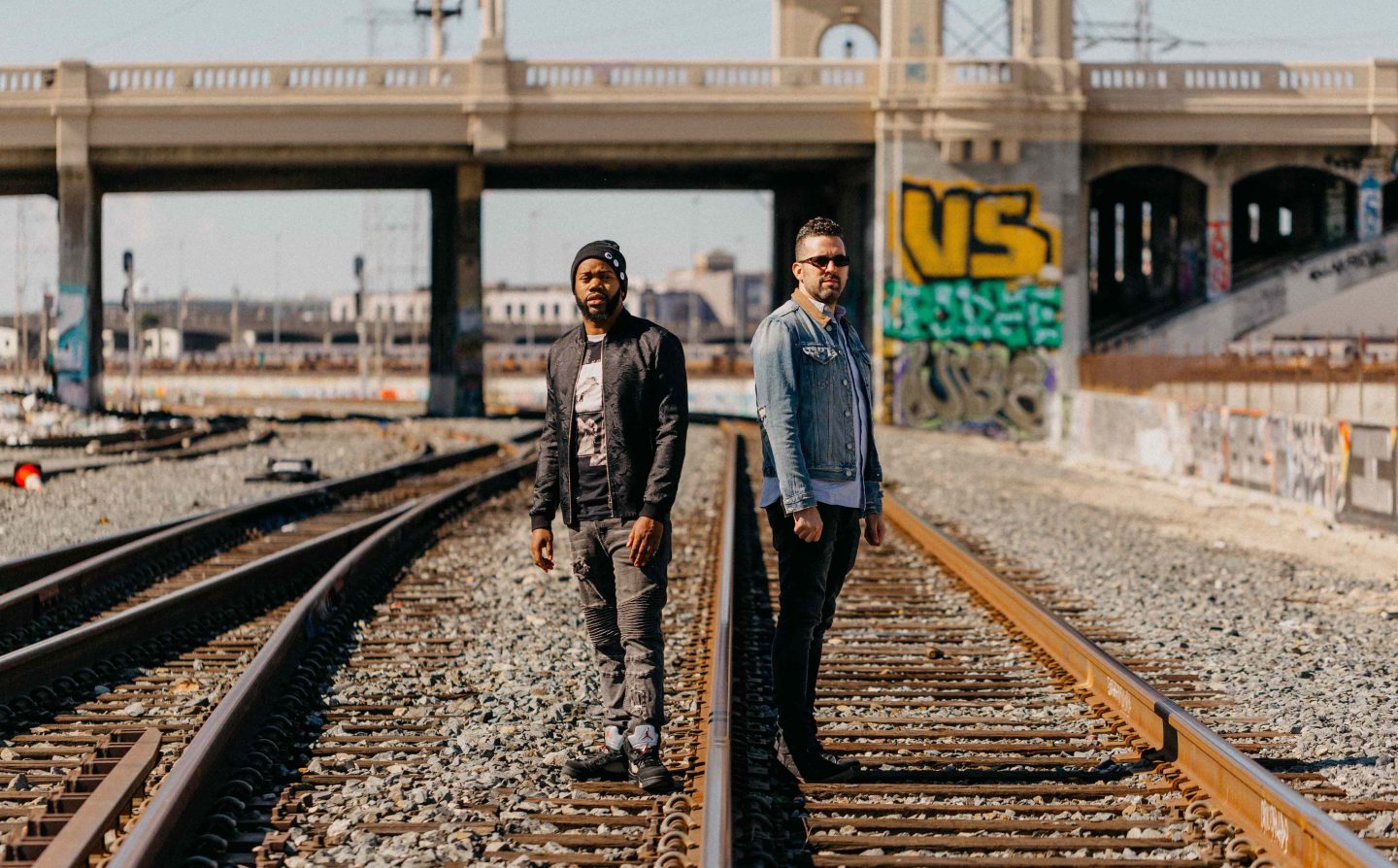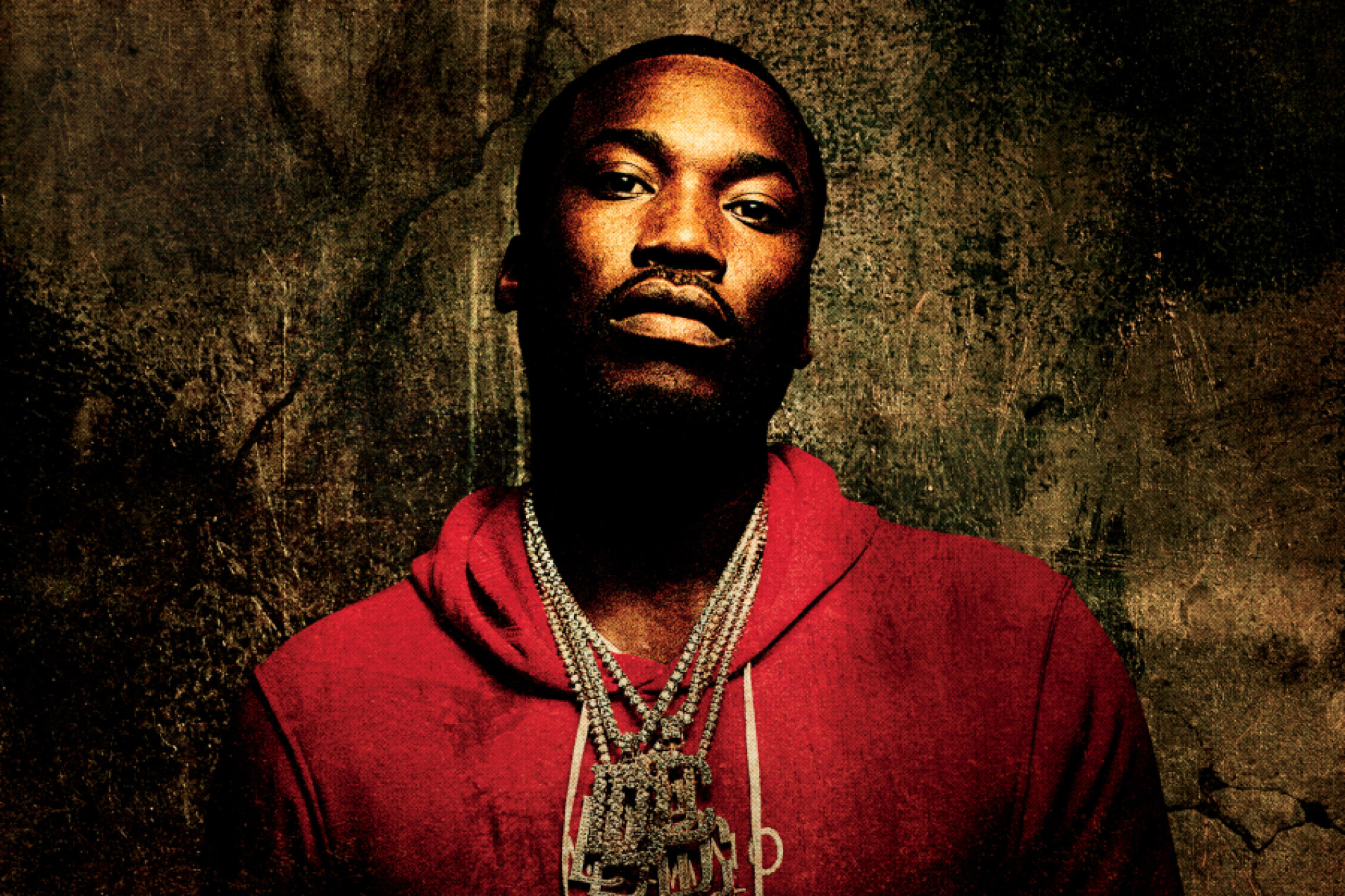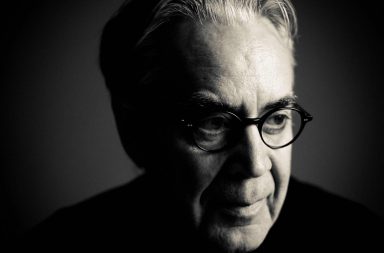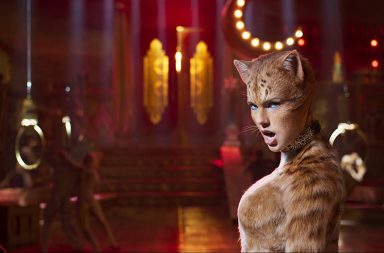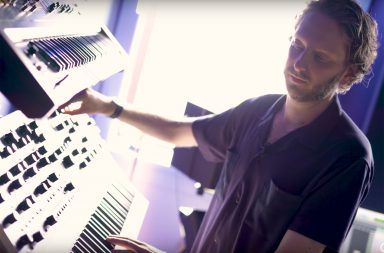Unfortunately, the story of Robert Rihmeek Williams (aka Meek Mill) is an awfully ordinary common one; it’s a story that happens to many young African Americans, a story of prejudice, injustice and racism. When he was 19 years old, Mill got caught into the spiral of the highly problematic US criminal justice system, and now, at 32, he has turned into an advocate for a reform movement of this rigged system.
A five-part documentary created by showrunner Michael John Warren for Amazon Prime Video, Free Meek is not impartial as it is produced by Jay-Z’s Roc Nation, which manages the Philadelphia-based rapper, but it gives a horrifying glimpse into Meek’s Kafkaesque ordeal and it chronicles the life of Meek Mill from his rise in music to his incarceration and eventual release from prison.
Free Meek marks Jacob Yoffee and Roahn Hylton’s fourth collaboration. Overtime, the duo has learned to speak the same musical language and has also been able to reference their past work together, which has truly taken the music they’ve created for this docu-series to new heights. The composers specialise in opposing genres – Jacob has classical and jazz roots and Roahn has a hip-hop and pop background, and even produced Nicki Minaj’s hit ‘Super Bass’. Jacob and Roahn’s contrasting styles made for a hybridisation that worked perfectly in telling a convoluted story that needs to be heard.
Jacob and Roahn were tasked with the challenge of not only matching the energy, passion and sound world of Meek’s music, but also to underscore the never-ending trauma of Meek’s legal troubles and the seemingly hopeless situation of millions like him.
Score It Magazine: How did you two meet ?
Jacob Yoffee: We met in the fall of 2016, in Israel. We were asked to join this music conference, it was a 10- or 12-day trip where they gathered 30-40 people from different parts of the music industry. Roahn & I met not knowing who each other was, what we did musically and just hit it off. We talked about aliens and conspiracy theories! We both lived in L.A. and started hanging out when we got back.
You’ve worked with Michael John Warren on Best Shot last year, did Free Meek come just after that?
Roahn Hylton: At the premiere of Best Shot Michael told us about this new project he had and was very excited: “I can’t wait to get you guys involved, I let you know more in the future,” he told us. A few days later, he called us about Free Meek and went through the beginning stages of what he needed from us musically. We were very excited and couldn’t wait to jump on this new project.
You arrived on Free Meek very early then?
J.Y.: We actually started writing music before we had any footage. It all started with Michael’s first phone call and describing what he was thinking about what he wanted emotionally, the sort of experimental music ideas he wanted to explore.
R.H.: He definitely gave us some specifics. The project evolved over time, so even though he was definitely hands-on, he tried to give us as much freedom as possible early on so that we could find the sound, the palette to articulate the emotions of this particular documentary. So as the show evolved, the sound evolved too.
You two come from different horizons: Jacob, you have more classical and jazz roots, and Roahn, you’re a hip-hop and pop music producer, how do you meet halfway when you work together?
J.Y.: We actually work side by side when working on the shows we are scoring. We always say that’s when the greatest music between us comes out: when we’re in the same room, working together. What we’ve always talked about is making sure that the music starts from a place that’s a true fusion of both of us. So it’s not like, one of us has an idea and the other is trying to tack on layers. We really want to make music that is forward-thinking and that is combining elements of orchestral, classical or more traditional underscore with modern pop, hip-hop… Especially for this show. We talk a lot when we work. We talk about instrumentation, our ensemble approach, we listen to a lot of music that we search online or from our personal record collection and say, “Okay, this goes into the inspiration palette,” and then we shoot our own ideas to each other in the room. You get that instant feedback and that’s where it’s most exciting.
Do you have instruments in the room with you or do you work with computers?
R.H.: It’s definitely a hybrid of both.
J.Y.: In the studio we’re surrounded by instruments, we have synthesizers and keyboards, pianos, guitars… I play the saxophone… Actually, for Free Meek, the first instrument we recorded was cello. We did a big session, we had a bunch of music ideas to build a sort of library of cello. That was one of the specific requests that Michael had. We tried to explore the concept of trauma, emotional damage and also, love. At first when the show started, we were trying to score from the point of view of Meek’s mother. But the show quickly evolved as more footage came in and musically the palette shifted many times.
Is it difficult to score a documentary series that already has an existing music background through Meek’s music? Or on the contrary, is it like having a springboard that sends you into the right direction right away?
R.H.: For this specific project I think that it helped us. It’s kind of like an anchor or chapters along the course of the story. Early on in Meek’s career, there’s a lot of mixtapes and a lot of battles as he gets into the business. His life and career evolve, so for us, our challenge was to hit the emotional gaps that Meek’s music left us. Meek’s music is high energy, agressive and passionate so we wanted to fill in the emotional gaps: when he was younger, when he was with his family, in the court room, and blend all of that. So yes, I’d say it was more helpful than anything.
J.Y.: It’s an interesting question because the first four months, the episodes were edited in a complete different style and it created a lot of contrast. They wanted us to be almost as far away from Meek’s music as possible so it was very string-heavy, very traditional. And we had Meek for all the hip-hop elements. And then, four months in, we started over as they re-edited the whole show from scratch. They wanted things to be much more together, related. It made us more excited as it was what we were hoping to do the whole time. So at the start, it was all about contrasting against Meek’s music, and then it ended up evolving into much more of an infused sound.
Video directed & edited by Zev Lerner
Do you know how Michael John Warren came to focus on Meek Mill’s story? He directed Jay Z’s Fade to Black, was he approached by him? (Editor’s note: Meek Mill is close friends with Jay-Z and is represented by his company, Roc Nation.)
R.H.: To be honest with you, I think that, definitely, this prior relationship between him and Jay-Z creatively spurred this new collaboration. But I’m not sure, Jacob, would you know?
J.Y.: Good question, I know there was this big exposé and interview in Rolling Stone by Paul Solotaroff. Somehow this journalist got in touch with Michael. I forget the details there but I think it was one of those things where Michael was the right man at the right time. From what he told us, it seemed like it popped up out of nowhere.
Was it important for you to work on a series that deals with one of the most distressing social issue in the US, the criminal justice system?
R.H.: Yes, I would say that going in, we had a definite sense of responsibility. We wanted to make sure that we honoured the subject matter, honoured Meek musically and creatively. Specifically, this subject matter is a really hot button topic in the US. What we both love about this and about our collaboration with John Michael Warren, is how he humanizes the story. It’s easy to think about this story and the people who are affected by this as just numbers, statistics. But Meek’s story gives you a high-profile individual who’s been successful and it also shows you that this is a kid who has a family, a child of his own and we get to see the fallout in this family, in his life, as a result of what is going on in the criminal justice system. We love to create art that matters.
J.Y.: We love scoring television and film, that’s why we do what we do. But it’s important to work on things you feel can change something in the world. You just feel like you’re the luckiest composer in the world because not only does Meek’s story demonstrate it but it also makes you feel like, hey, even an individual can make a change.
Who is the woman whose voice we hear in some of the tracks?
J.Y.: There’s actually two singers: Carolyn Perteete, she’s a singer I worked with during my jazz career. She’s from Pittsburgh, Pennsylvania, and is an incredible vocalist. She doesn’t try to be a full-time singer but she had the right approach for this. She recorded what became the theme of the series, ‘Perseverance’. The second vocalist is Machica Winslow, who I’ve known for 20 years. She’s an operatic singer and works regularly in the pop/R&B world as well. She has backed up the greatest singers of all time. She helped support the mother’s and grandmother’s point of view, where they were just heartbroken.
Roahn, you’re a music producer, how did you arrive in film scoring?
R.H.: There’s a saying that we adopted: a composer is not born, it’s made. As a producer, one of the things that I got used to doing was being responsible for 3 minutes and 30 seconds. I can spend a year or a month, or even six months, on 3 minutes and 30 seconds. So I can have a little bit of perfectionism there. But the thing about it I’ve always missed was the storytelling. I had a couple of products come up that involved storytelling and I immediately called Jacob, one of which was an independent film. It ended up not being made but about a month after that, Jacob called me in to do a Gap commercial and we got to feature Janelle Monáe, which was perfect timing. It was the perfect foray into that world. And then when Best Shot came along it was a great first large-scale project for Jacob and I to collaborate. And I could use both the skills of a producer and a composer for the story.
Jacob, you were in a film scoring programme, is that right?
J.Y.: Yes, after making a living as a jazz musician for close to a decade I went back to college to get a Master’s Degree at NYU and then I moved to L.A. to dive in.
Was it easy to put a foot in the door?
J.Y.: Not at all! It was the hardest thing I had ever done. It’s one of the most competitive and demanding sections of the music industry. Not that I think there is any easy part in the music industry! But breaking into film scoring is difficult for so many reasons, not only is there this crazy competition but then even when you are awarded the job, the amount of work and skills you have to have and the time constraints… It’s almost like the Olympics of composing because you have to have all hands on deck, you’ve got to use all the tools in the tool shed to get to the finish line. But it’s so exciting. And working with Roahn, we’ve just been so lucky, we’re starting our fifth series together and we just hope this keeps going forever!
Is it a relief for you to know that you two are in the same boat?
R.H.: Oh, definitely! From a creative point of view, it’s always good to have somebody else that you trust. It could be anybody sitting next to you but if you don’t trust them creatively, it doesn’t make any sense. We can share unfinished ideas. And it is good to have someone to talk to about the business, the industry and the various craziness that comes up!
Tricky question to finish with: what would be your favourite soundtrack or the last one that made a memorable impression on you?
J.Y.: I have an answer for that. The film score that made me want to do this is an oddball soundtrack: it’s Interview with the Vampire by Elliot Goldenthal! I hope in my life I’ll get the chance to score a vampire epic just so I can try some of those amazing orchestration techniques.
R.H.: I have two. The first one is Oblivion, by M83 and Joseph Trapanese. I’m a big fan of M83. That kind of music works very well for science fiction. I wasn’t super involved in film scoring at the time the movie came out but I remember being really attracted to the music. And then, definitely Black Panther: Ludwig Göransson is brilliant. He’s a hip-hop producer and a film composer and he can do both very well. He incorporated hip-hop in a way that was futuristic. And I think it’s a great movie, period.
What’s next for you two as a team, and individually?
J.Y.: Right now we’re knee-deep in working on a docu-series about artificial intelligence. Robert Downey Jr. is involved, he may or may not be on-screen hosting and narrating, but he’s definitely producing it. That’s been a lot of fun and it’s supposed to premiere later this year. We have some other stuff we can’t talk about right now! And individually, I am working on Nintendo’s Tetris which I am very excited about, also to be released later this year.
R.H.: I am really excited about the AI show because it’s a docu-series, and it is really inspiring to see where technology is going. And individually, I am developing a couple of artists for a couple of labels, one of them is Roc Nation, I can’t tell much about it but I’m so looking forward to it. Also, Jacob and I are doing a joint album!
Interview prepared, conducted and transcribed by Marine Wong Kwok Chuen. Edited by Valentin Maniglia.
